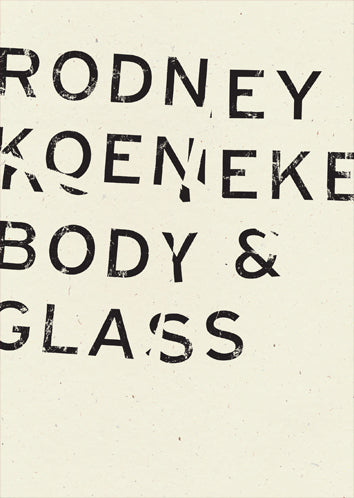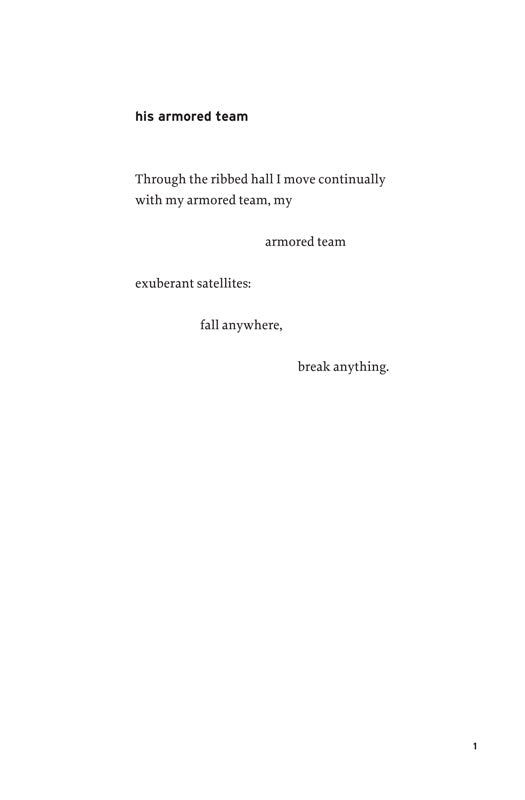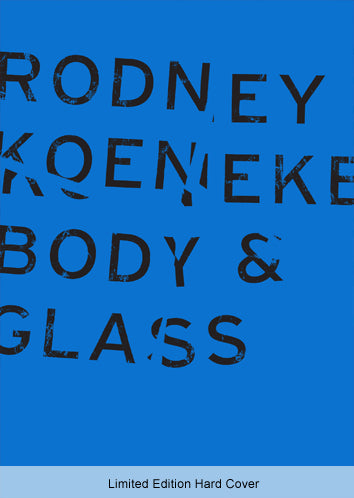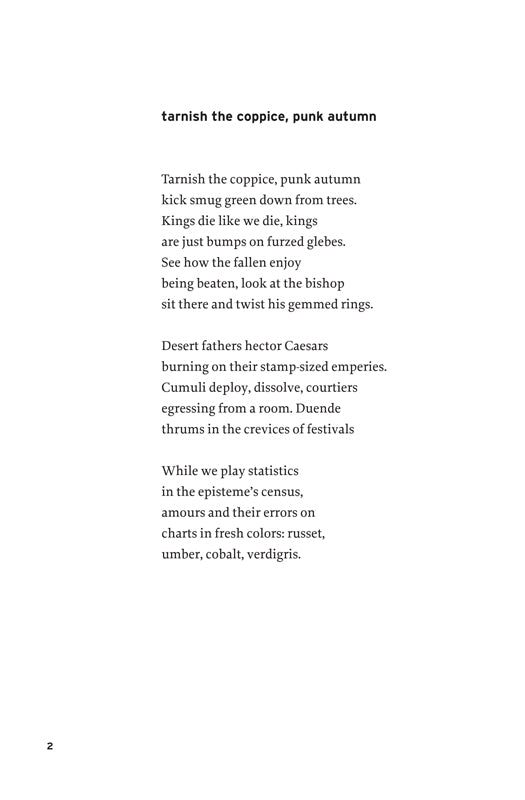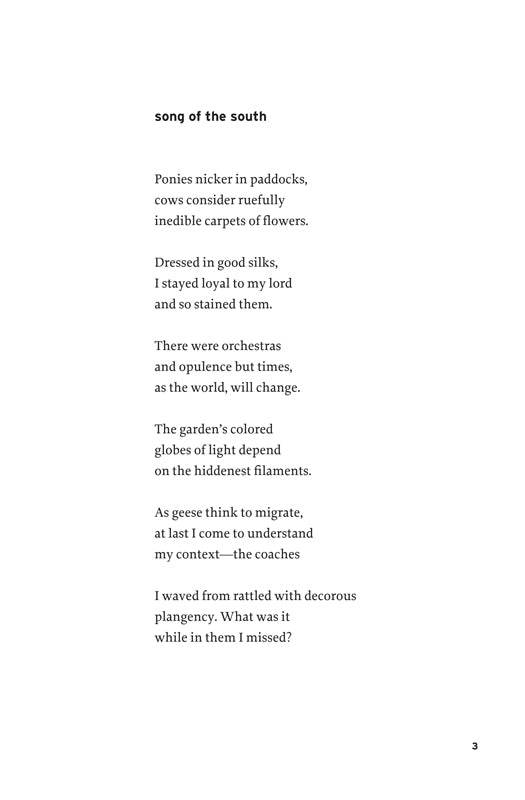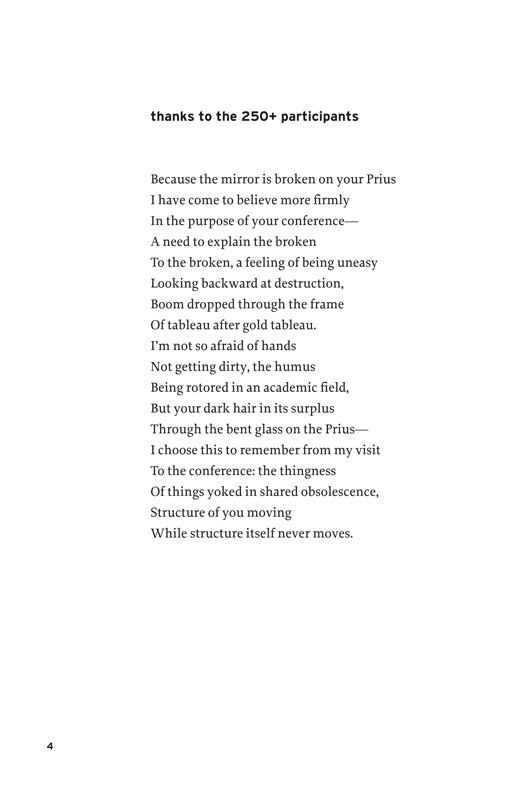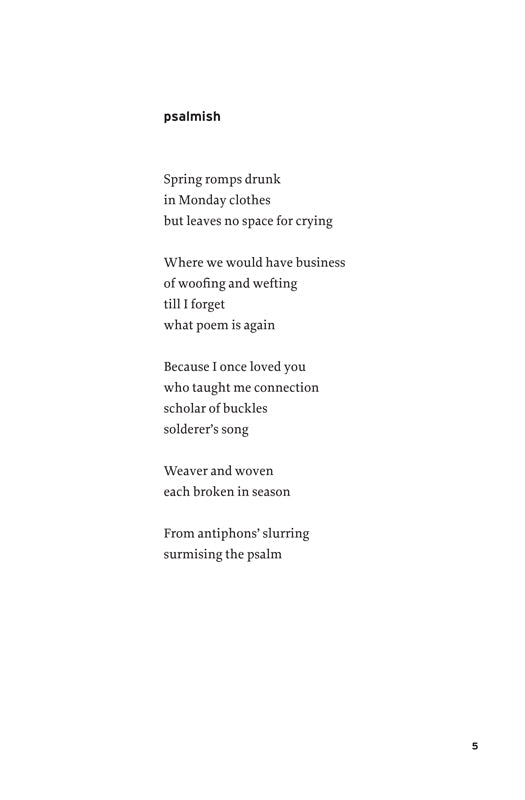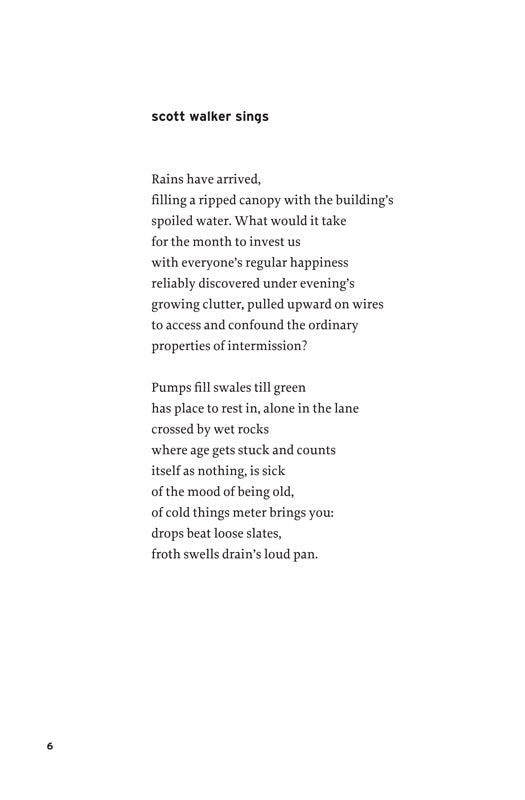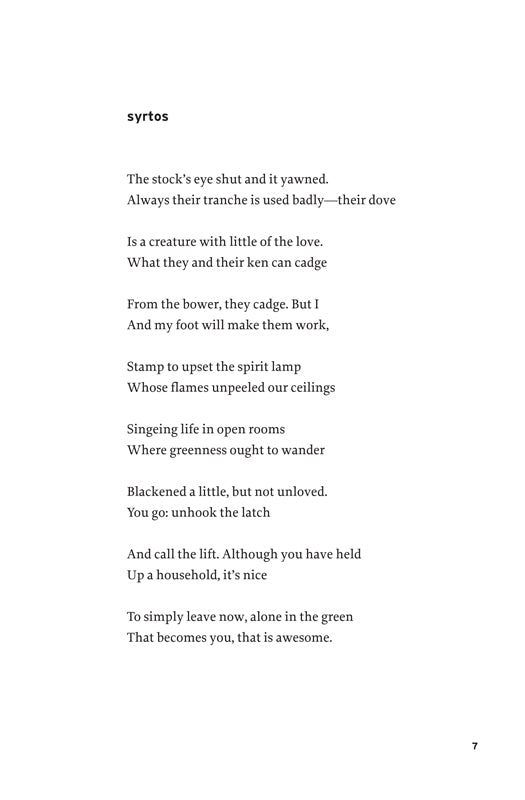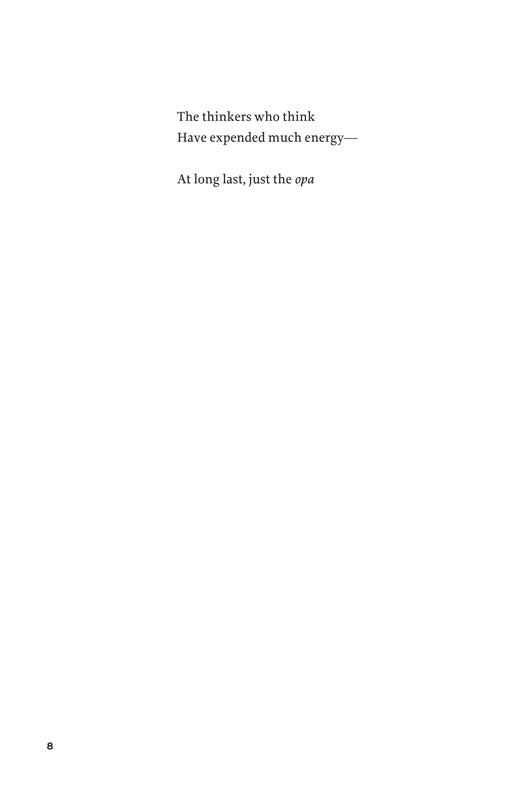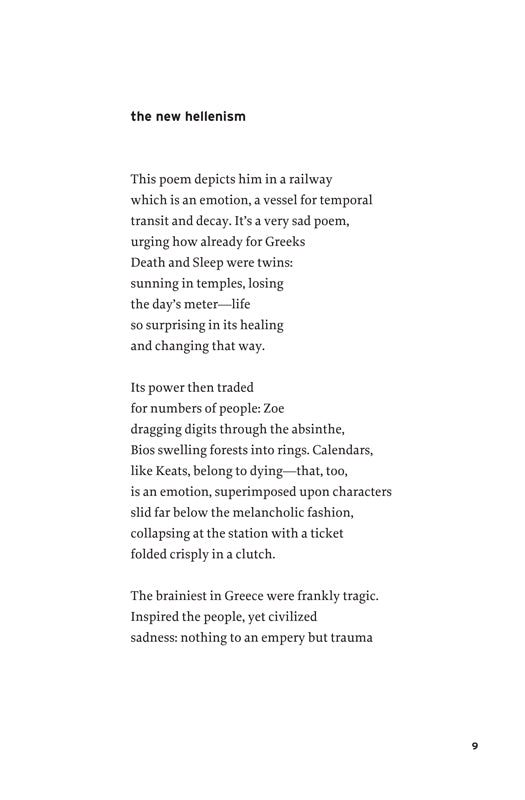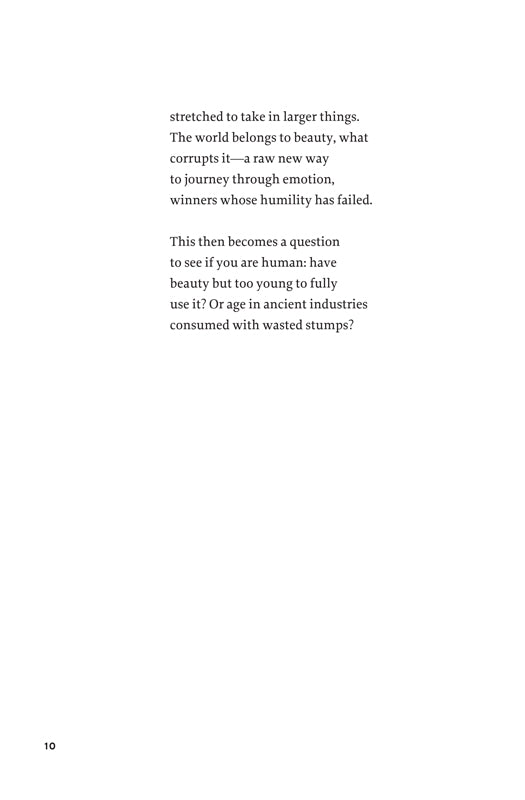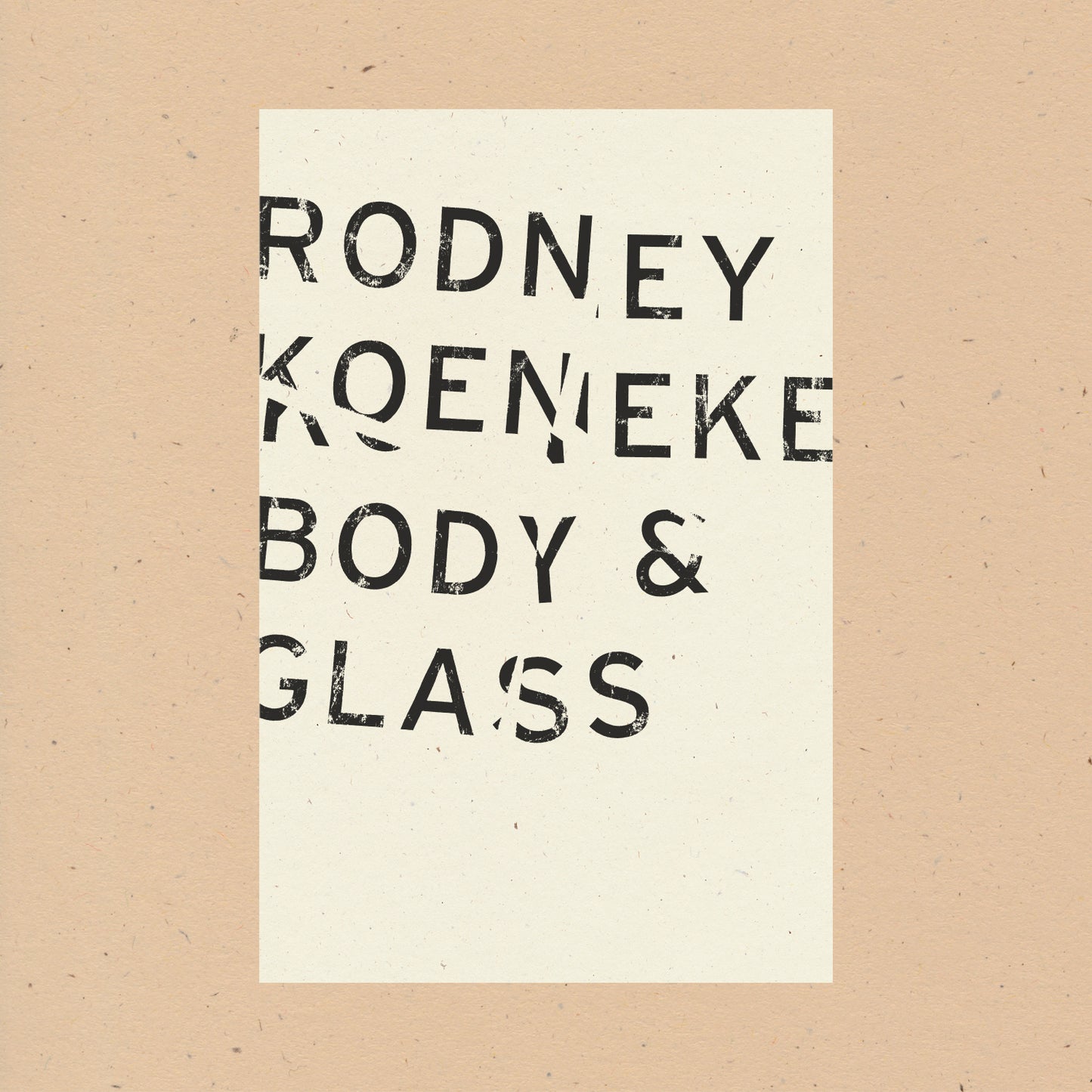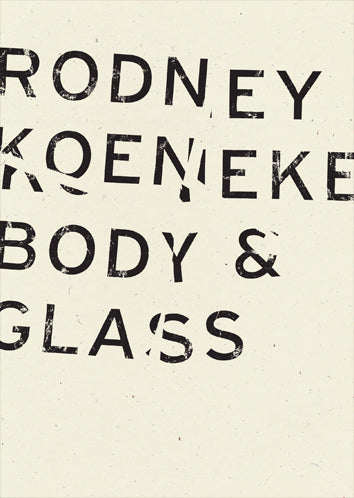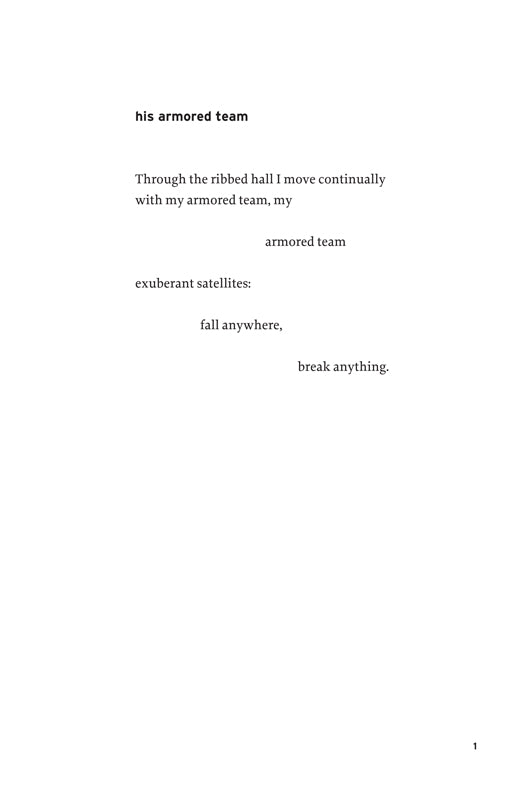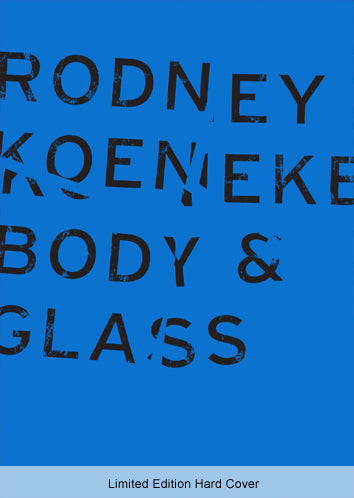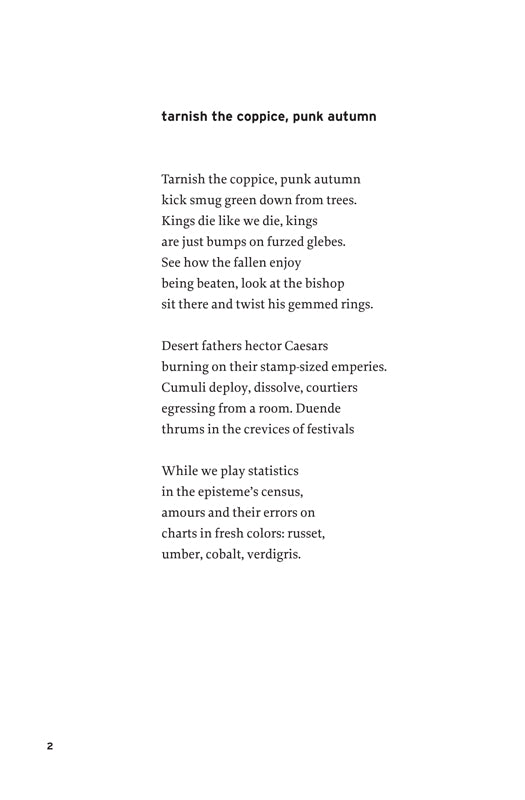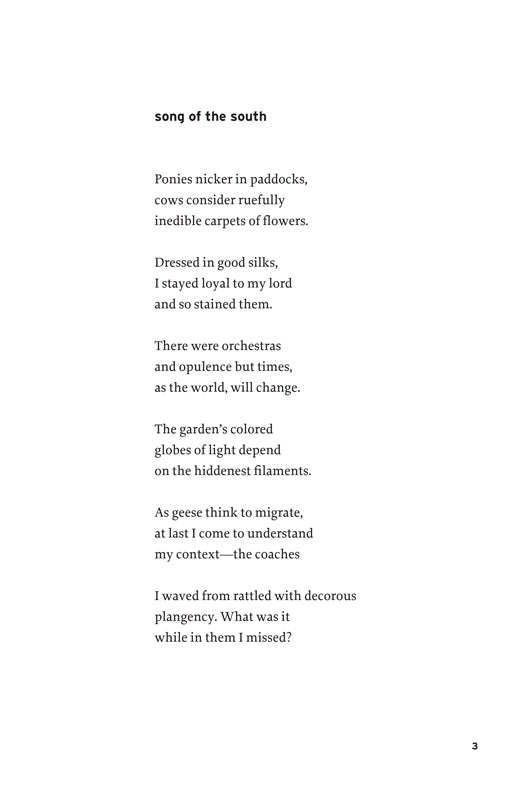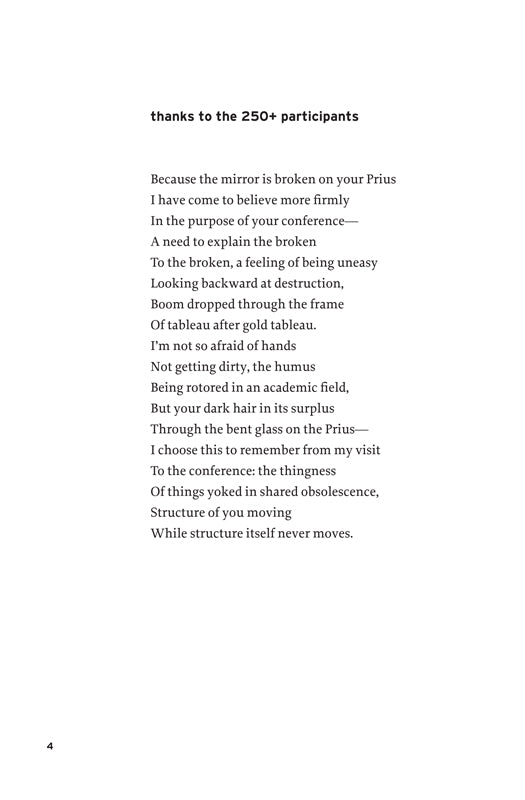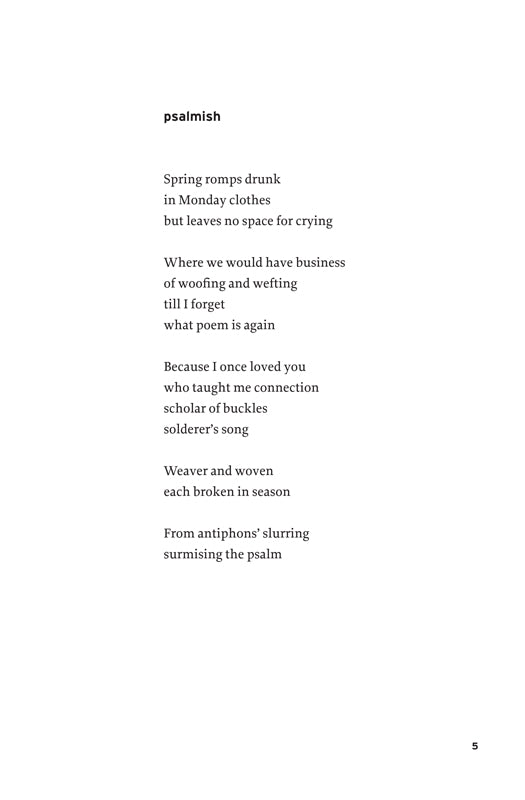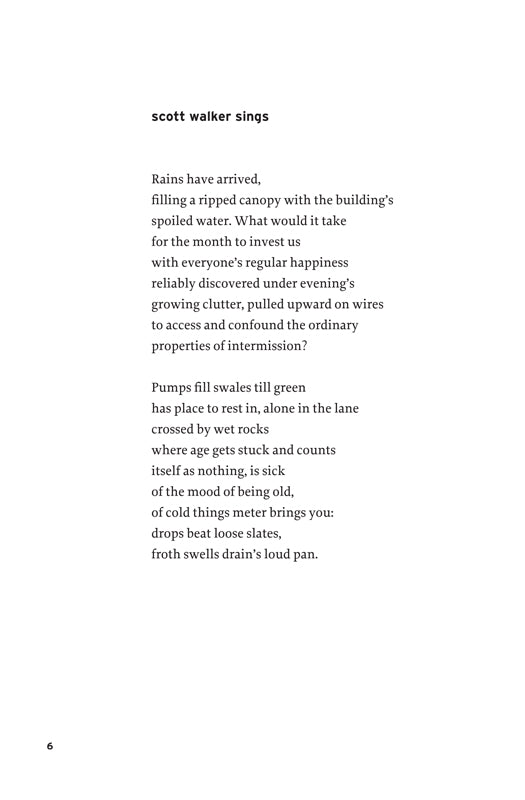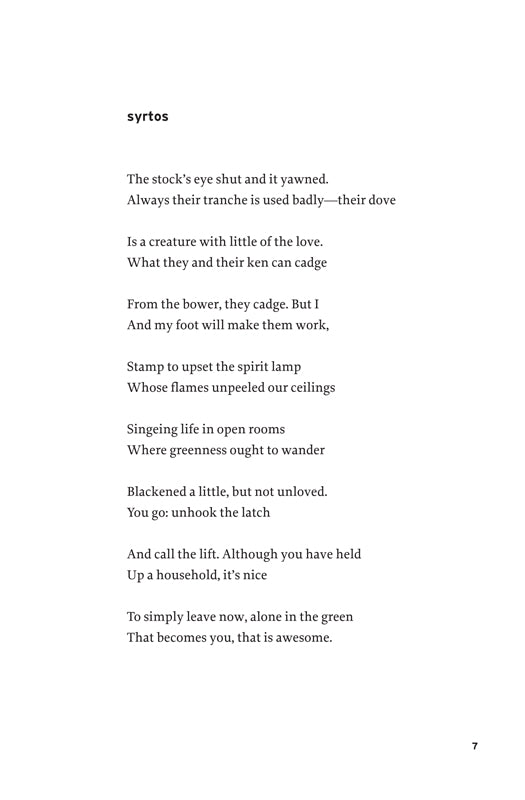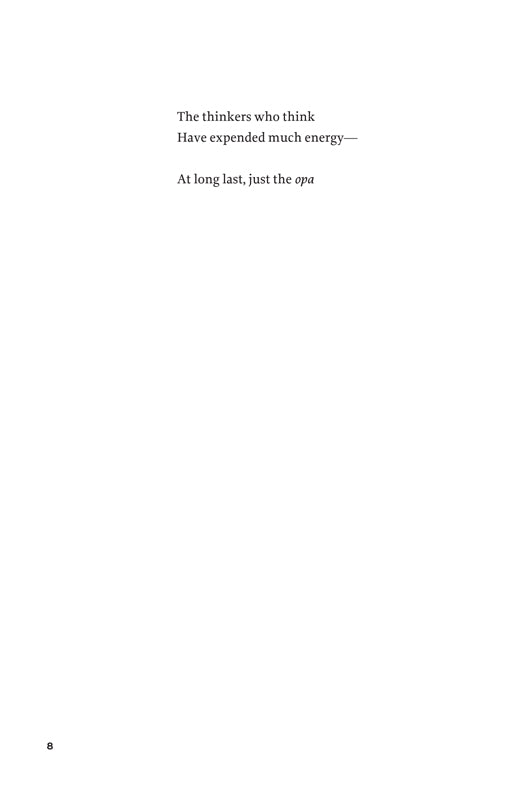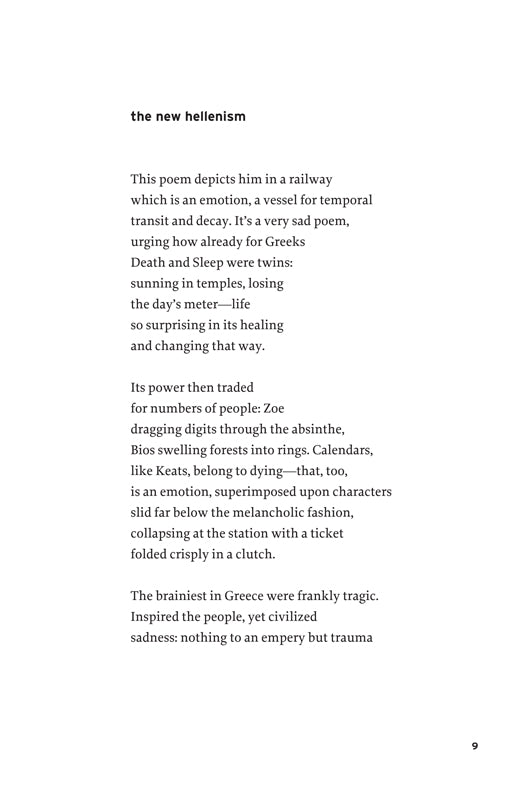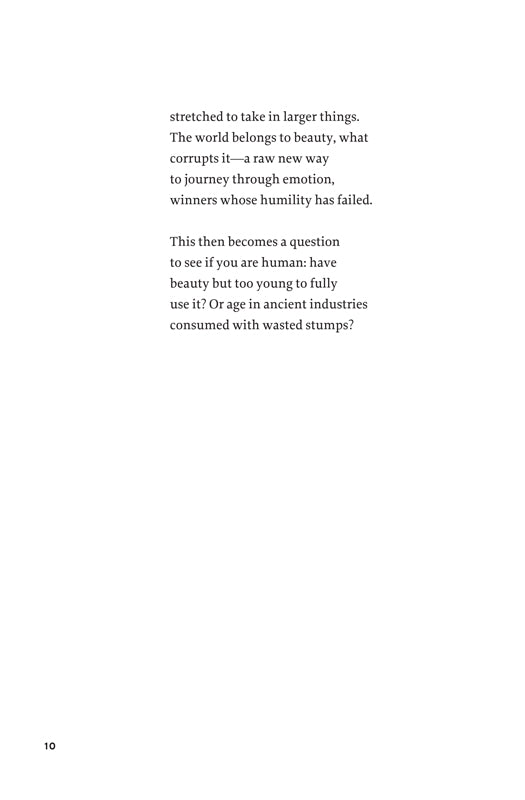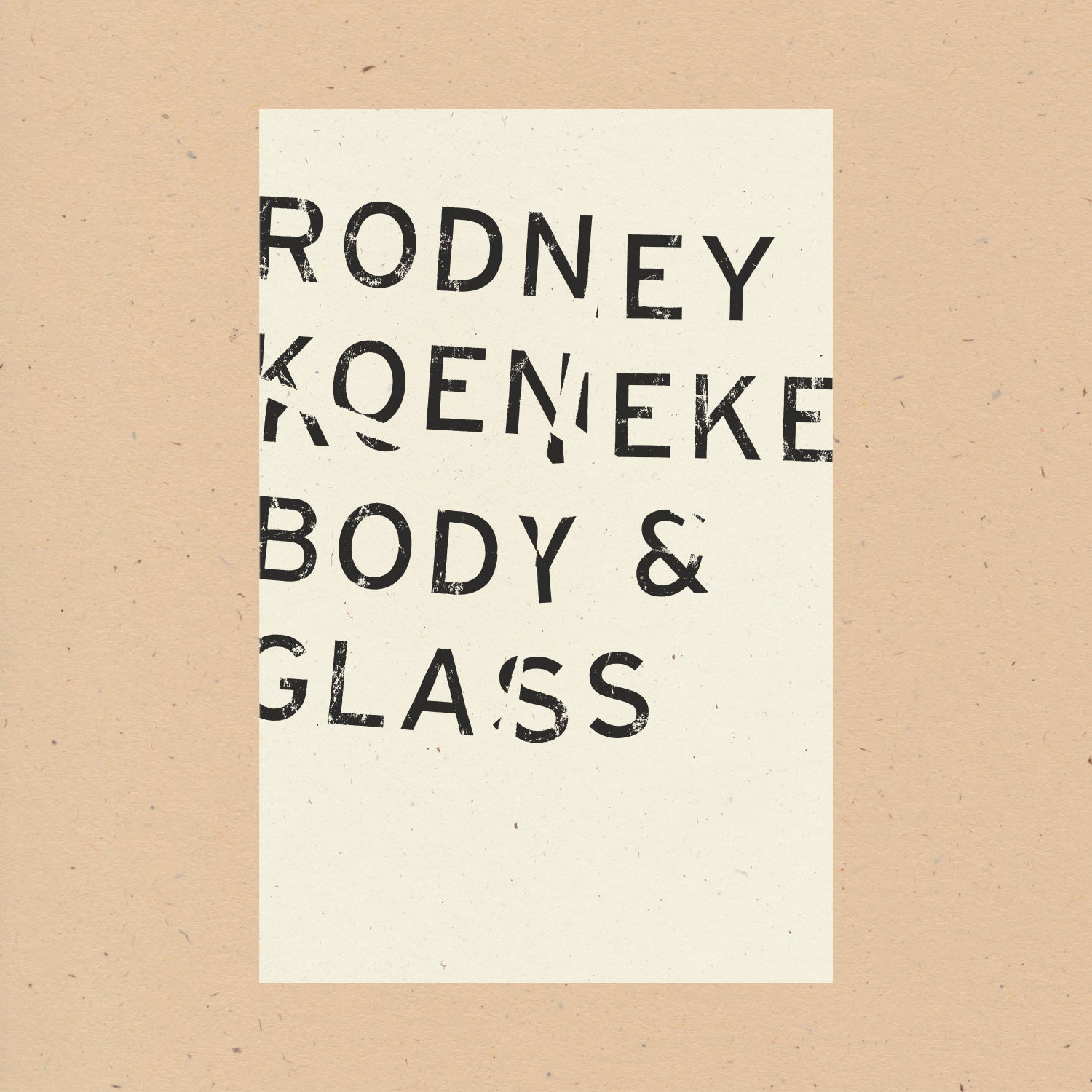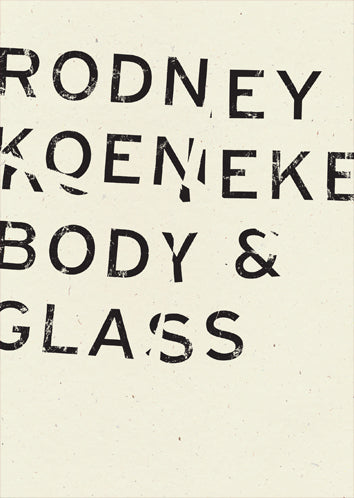
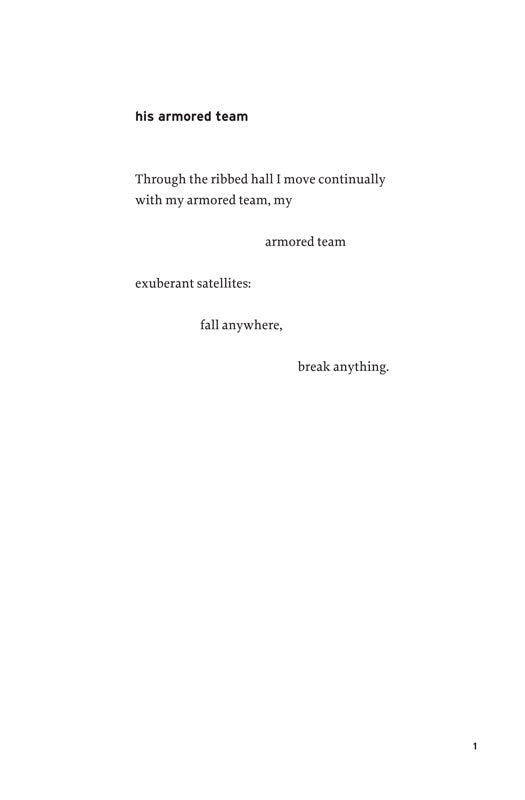
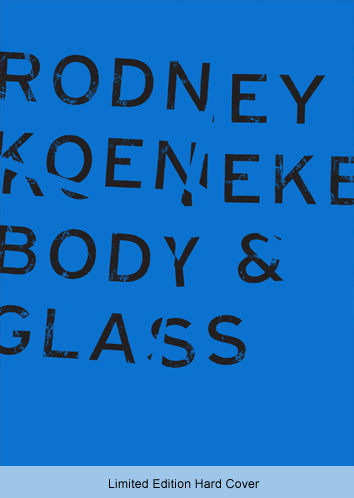
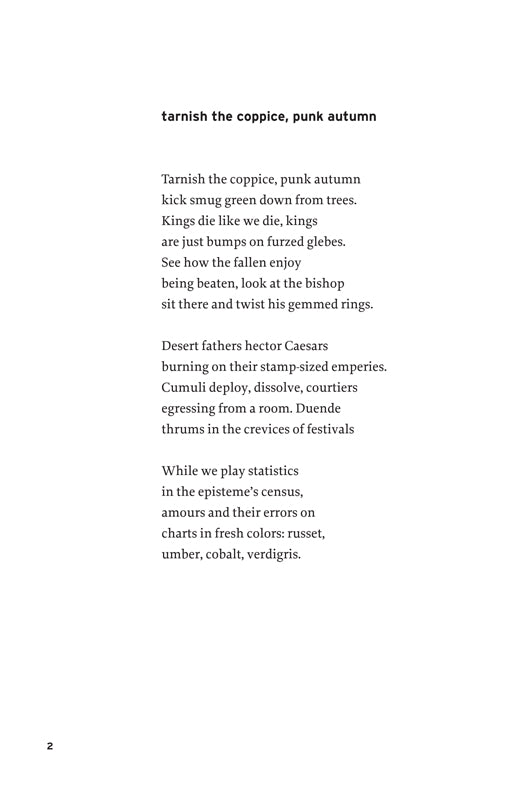
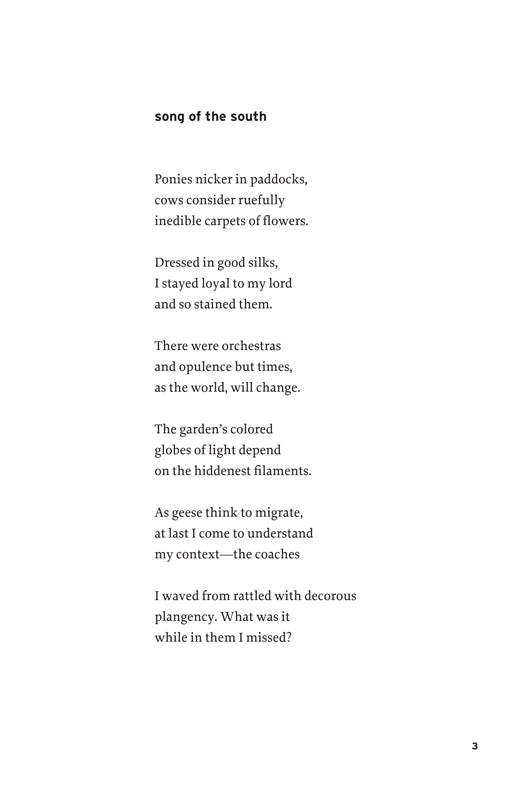
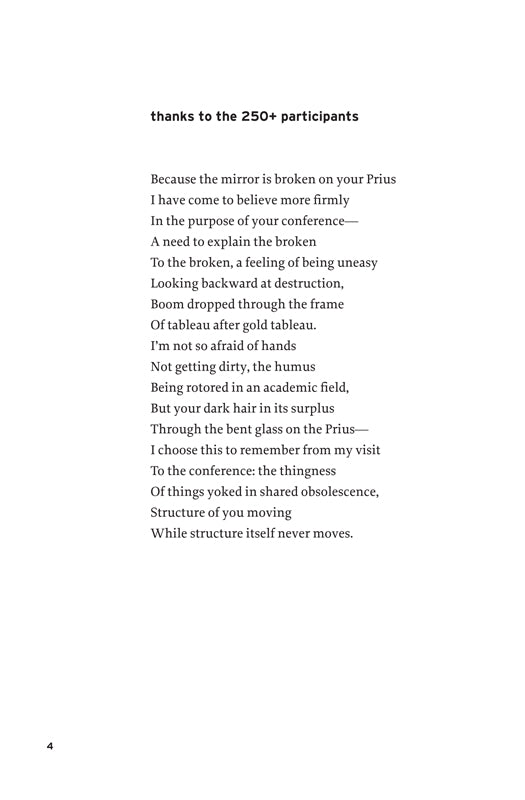
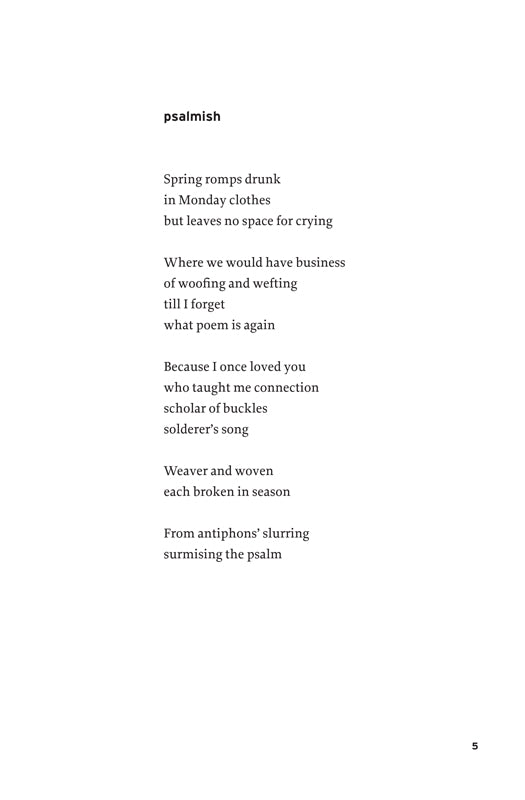
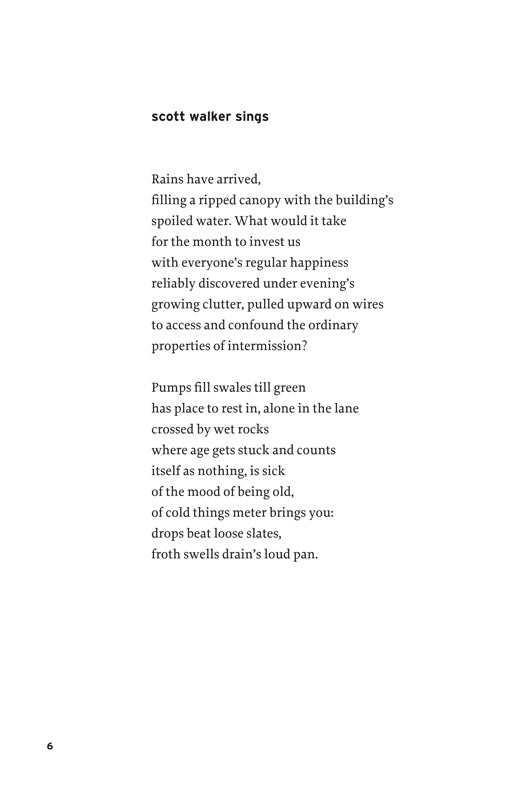
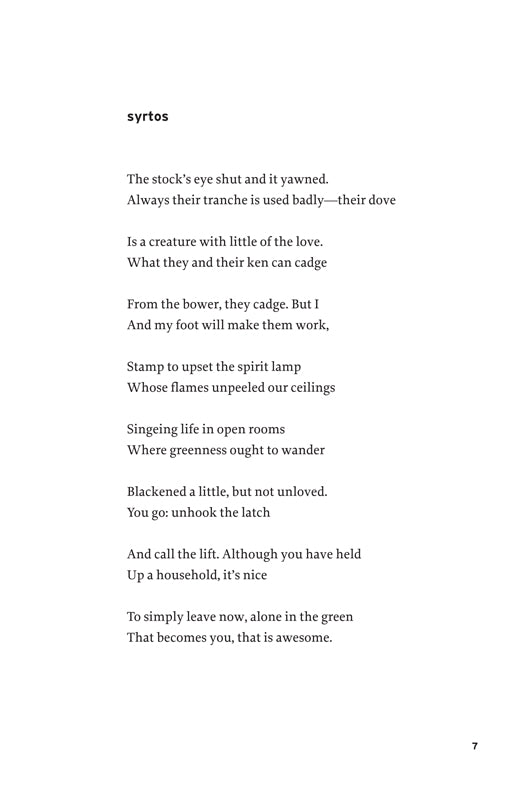
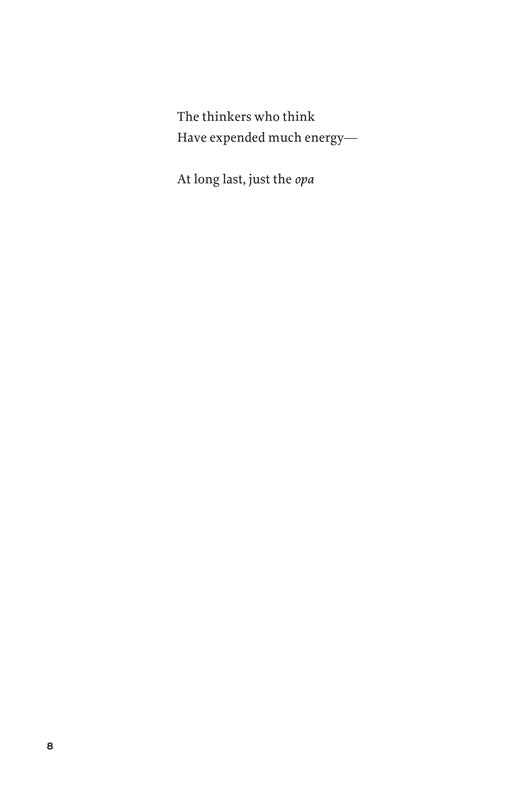
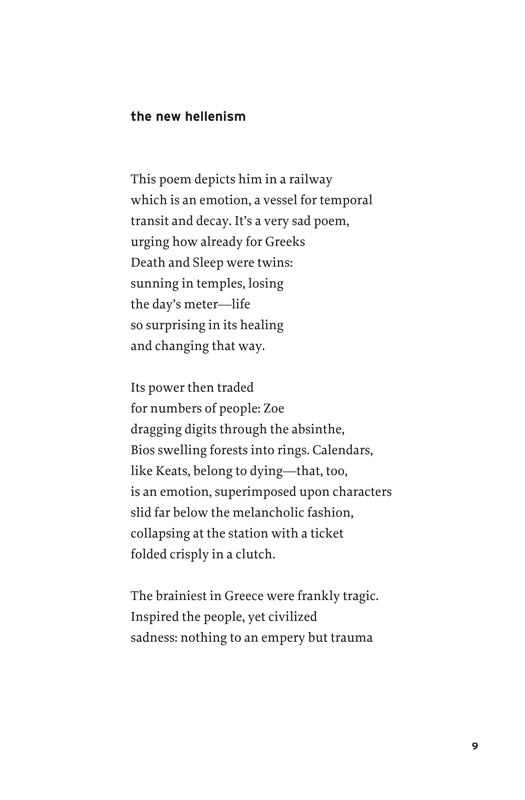
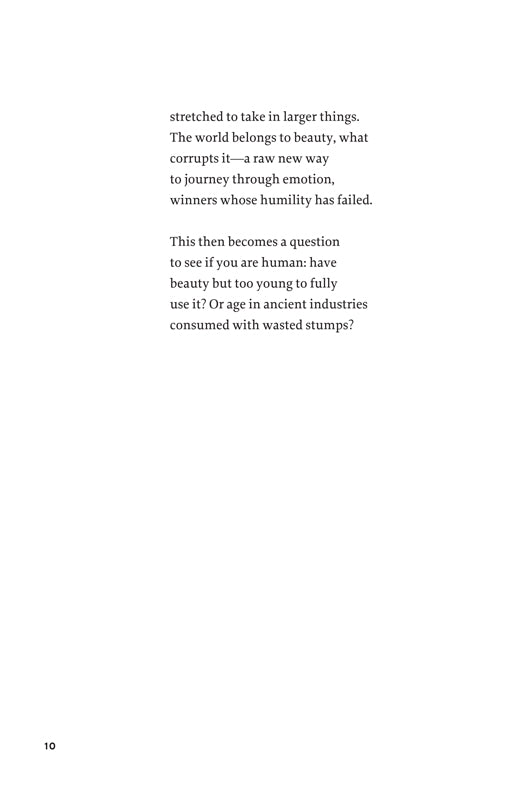
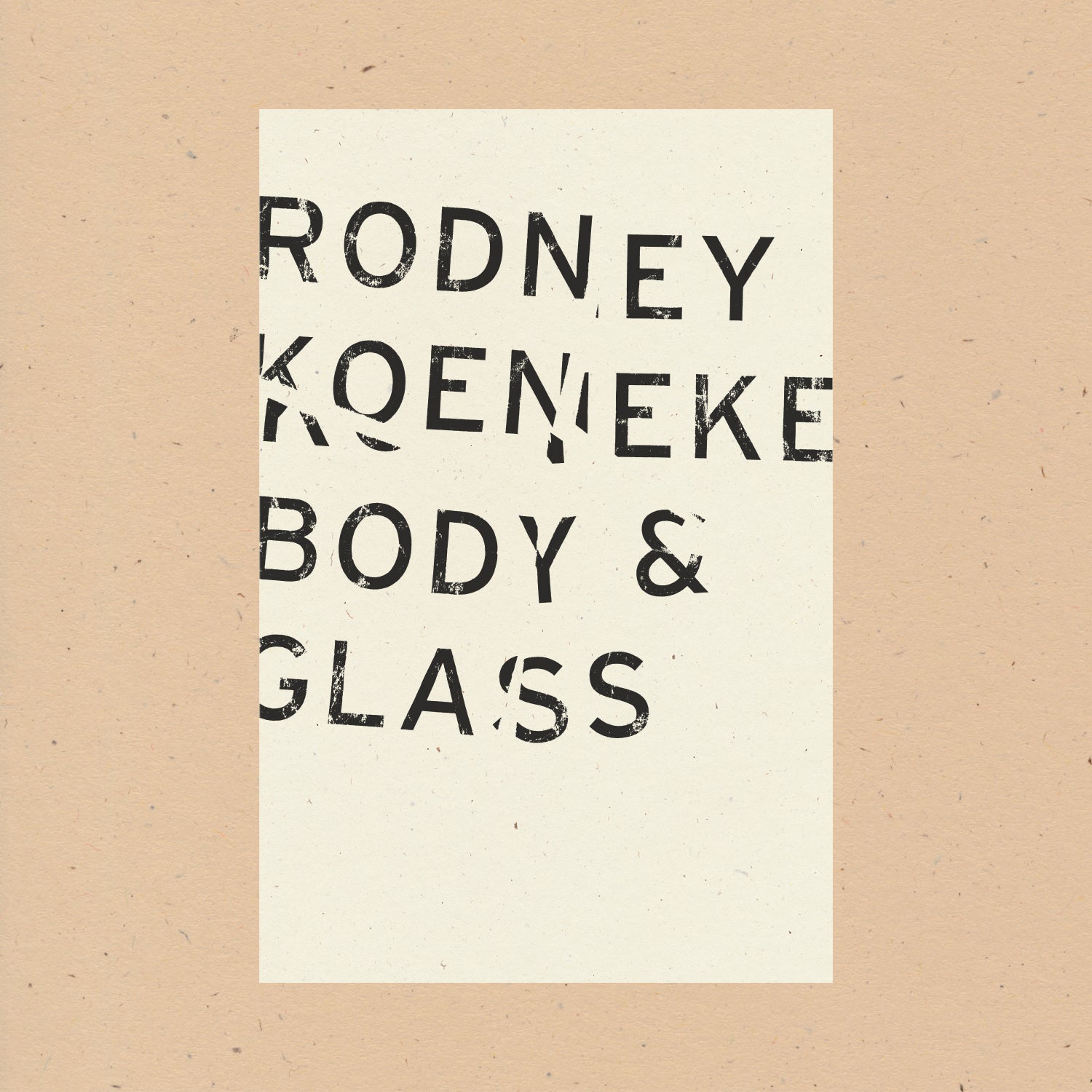
Body & Glass
Body & Glass
-
Body & Glass extends Rodney Koeneke’s experimentations in Etruria with a tightly woven set of more compact poems that brighten and sharpen the lyric’s usual corners. The "anonymous" forms of folk song and epitaph, parable and textual fragment, arrange to sketch the selves, living and dead, who might say them. These are poems of an improvised interiority, shared between the poet and reader but broad enough for multitudes.
-
I find in Rodney Koeneke’s poetry a kind of reinscription of history, but not in the manner of the New Formalists or any other reactionary turning back to tradition. It’s something more like the cadence of a half-remembered song filtering back into the flow of lived experience. Technologized and commodified as that experience has become, our bodies and our language—the indispensable conductors of that experience—are still liable to manifest symptoms of a return of repressed history. In Koeneke’s case, the default irony of most recent avantgarde poetics—so necessary, it seems, for coming to terms with the floatiness of our condition—is undermined by the Undermind of an undead tradition whose word-weights and word-motions still pull toward something rather than nothing.
Andrew Joron, Lana Turner
Much of his book plays with notions of agency. There is a particularly effective destabilizing shift between the third-person mode of some of his poems’ titles and the “I” that then acts out those titles... Koeneke’s blend of pathos, erudition, and whimsy results in an enjoyable collection that rewards repeated engagement.
Publishers Weekly
Composed with an incredible, subtle sharpness, his is a poetics, and even a politics, that embrace both optimism and exhaustion.
Rob McLennan's Blog
“A star arriving firmly / at the center of its cluster” is Rodney Koeneke’s Body & Glass. There is something very singing and also staid about these poems. I mean they have both a freshness and the mark of an experienced hand behind them. I hesitate to call it a “maturity” because it has a jouissance I don’t associate with that word. These poems continue to yield fruit on multiple readings: “furzed glebe” . . . “prefer your lineaments / to any rotting / thing this world adores.” They feel nutritious to me somehow, nutrient-dense, coming out of great care, great grief, great toil (for all their sprezzatura): “antiphons’ slurring / surmising the psalm.”
Julian Talamantez Brolaski, Poetry Foundation
What anybody can plainly hear and dig in this book is Koeneke's great genius for form, his full and vivacious commitment to it. I guess it's a pretty unfashionable approach nowadays, or maybe that's an understatement: it feels almost illegal to write a couplet like "drops beat loose slates, / froth swells drain's loud pans" in 2018. Such a flurry of spondees! (Spondeema? Spandau?) In any case, even in that wee snippet you can maybe notice the way these poems use sound and meter as a kind of enjoyable ground that, in turn, allows the figure—say, bursts of the unexpectedly odd or the unexpectedly heartfelt or the unexpectedly meaningful—to leap out. With this book and Rodney's last one I'm starting to think of him the way I used to think about Thom Gunn, out there running contemporary concerns through traditional forms and baroque vocabularies in order to arrive at some really tight, really touching, and fabulously far out there stuff.
Brent Cunningham, SPD Staff Picks
The poems in Body & Glass read as if they’re dissolving in the volatile solvent that is thinking, and though it’s easy to be carried away when Koeneke waxes with tools like assonance and spontaneous rhyme—carried away to a place where recognition of the poem’s work can often be dusted out of vantage—it is just as important to see the back and forth between body and glass, between naming and name. The cumulative effect of reading many of Koeneke’s poems in one sitting feels like the mind being crocheted, portions hidden away into lockets, others coded into nodes."
Tyler Flynn Dorholt, 4squarereview -
Rodney Koeneke is author of the poetry collections Body & Glass (Wave Books, 2018), Etruria (Wave Books, 2014), Musee Mechanique (BlazeVOX, 2006), and Rouge State (Pavement Saw, 2003). An early member of the Flarf collective, he was active in the San Francisco Bay Area poetry scene until 2006, when he moved to Portland, Oregon where he teaches in the History Department at Portland State University.
Publication Date: April 3, 2018
ISBN# 9781940696683 (5.25 x 8, 88pp, trade paper)
ISBN# 9781940696676 (5.25 x 8, 88pp, limited edition hardcover)
ISBN# 9798891060302 (audiobook)
Couldn't load pickup availability
